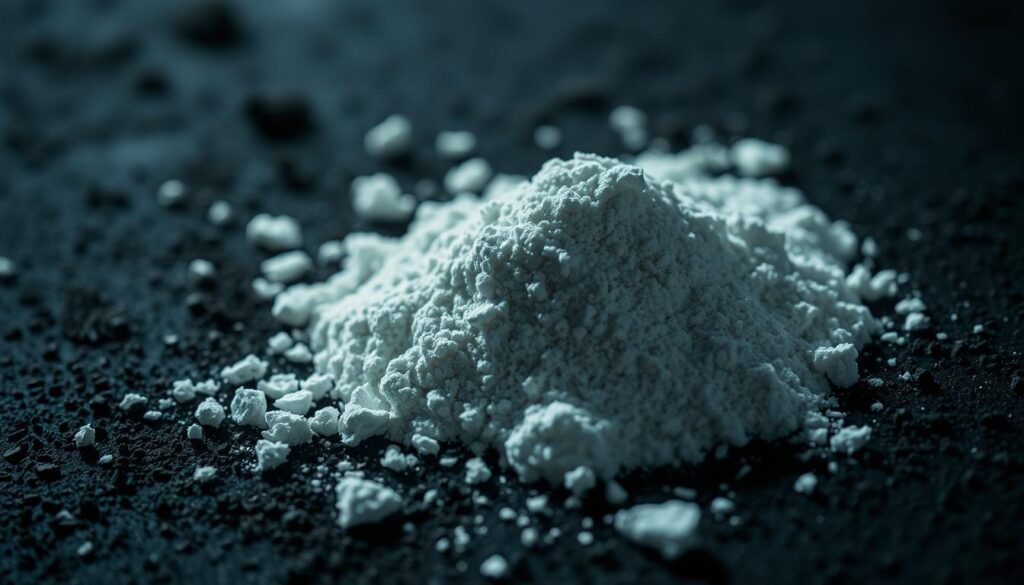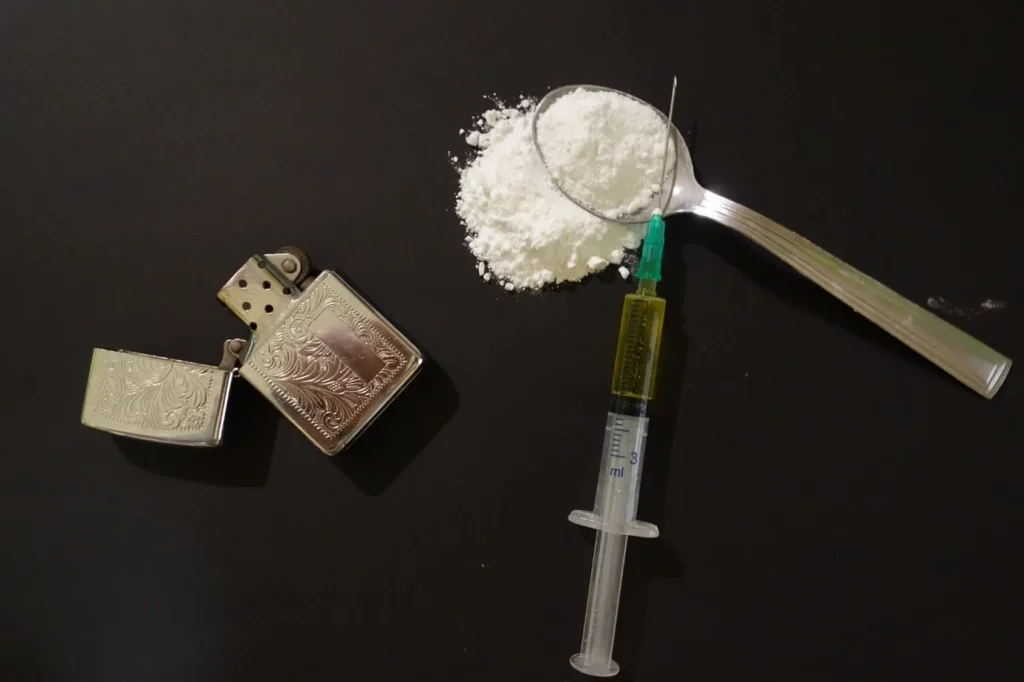Heroin is a highly addictive synthetic drug produced from the morphine found in opium poppy. How long to get addicted to heroin is a genuine concern, especially for those who use opioids as prescription drugs for pain relief.
According to the National Institute on Drug Abuse, the addiction is immediate, unlike other drugs. This is because heroin enters your brain and sedates you. The pleasurable feelings that follow are welcome but short-lived hence the continued craving for heroin.
Other factors that influence a developing addiction include the user’s health, gender, how the drug is administered, and the quantities of the heroin used.
Immediate Effects of Heroin Use
Heroin enters the bloodstream and instantly rushes to the brain. It takes the form of morphine and binds to the opioid receptors in the brain and body thereby creating feelings of warmth, reduction of anxiety, and relief from pain.
Heroin also creates a sense of euphoria, and, significantly, the very name heroin was coined because it makes the drug user feel heroic.
The strength of the euphoric rush is determined by how the drug is introduced to the body and the time it takes to reach the brain.
As a depressant, Heroin also inhibits the central nervous system. It, therefore, slows down brain activity including the rate of respiration. This slowing down of breathing can be fatal in the event of an overdose.
Other short-term effects include drowsiness, heaviness of limbs, nausea, and loss of appetite.
Long-Term Effects of Heroin Use
Continued use of heroin has serious health and social implications for the user.
The intravenous use of heroin is usually not done in a sterile environment. This often leads to infections in the heart and other organs such as the liver and kidneys. Reduced oxygen to the brain may also lead to brain damage.
Other health problems include:
- Infection with hepatitis C due to the use of unhygienic needles
- Damaged teeth and reduced sexual capacity
- Depressed immune system
- Miscarriage for pregnant women
- Malnutrition due to loss of appetite
- Sleeping disorders
On a social level, heroin addiction will often put the user in difficult financial situations, especially if they cannot finance the habit. Personal relationships are also bound to suffer because the addict has to weave a web of deceit and lies to try and hide their heroin dependence.
The addict’s need for secrecy will inevitably alienate them from friends and family and ultimately affect their performance in school or employment.
Physical Dependency
If you use heroin for one or two days, you may still be in a position to break the habit. However, prolonged use for approximately more than seven days may lead to physical dependency on the drug.
There are several implications for being physically dependent on heroin. First, you develop a higher tolerance for the drug. That means you’ll need increasing amounts of heroin to get the same effect. It, therefore, becomes an expensive habit that may cost you as much as $200 a day.
However, the greater danger is the increased possibility of an overdose that may be fatal.
Drug use may also put a strain on your relationships and estrange you from your friends and family. Yet, many addicts continue with heroin to avoid the harsh withdrawal symptoms.
Heroin withdrawal symptoms include:
- Nausea and vomiting
- Abdominal pain and cramps
- Nervousness, anxiety, and depression
- Muscle spasms and joint pains
- Cravings for drugs
- Sweating and running nose
- Restlessness
- Diarrhea
- Fever and chills
- Blood pressure
Predisposing Factors
How long to get addicted to heroin may vary between individuals depending on several predisposing factors such as:
Genes
Your genetic heritage may not trigger the use of heroin but once you start using the drug, your genetic predisposition will have a strong influence on your addiction. Those with close relatives who are drug addicts should therefore take precautions before attempting to use heroin.
Environment
People generally pick up habits from their immediate environment. Growing up in a poor or wealthy neighborhood, peer pressure, and prevailing cultural beliefs among other environmental factors play a pivotal role in determining the rate of addiction.
Psychological factors
Individual and social stress as well as undetected mental illness are additional factors that may lead one to heroin abuse.
Administration of Heroin
How heroin is administered to the body also plays a role in determining how quickly you get addicted. There are many creative ways to take heroin but we’ll focus on injection, smoking, and snorting:
By injection
Heroin users routinely inject the drug into a vein or muscle. This is the most popular mode of administration and is also the quickest way for the drug to take effect. Users get a euphoric rush within seconds of taking the injection.
Smoking
When heroin is acquired in its purified form, it is often combined with cigarettes or marijuana and smoked. At other times it is inhaled using a straw.
Compared to the injection method, smoking heroin normally delays its effects for about 10 minutes.
Snorting
Heroin in its powdered form is usually taken through the nose using paper – or dollar bills, as portrayed in Hollywood movies. When heroin is absorbed into the bloodstream through nasal tissue, its euphoric rush is not as rapid as when injected or smoked. It takes effect in about 15 minutes or so, but the result is the same.
Recovery and Rehabilitation from Heroin Addiction
Heroin breaks down quickly in the body and usually leaves the system within 24 to 48 hours or slightly longer depending on factors previously mentioned such as body mass and length of addiction.
However, the physical, mental, and emotional scars may last a lifetime. Visit our blog to know more about how long heroin and its effects linger in the human body.
Rehabilitation from heroin dependency involves the severe discomfort of withdrawal. To succeed in the process, there also has to be a willingness to change one’s lifestyle.
That may not be so easy to do even after detoxification. It is, therefore, necessary for the recovering addict to also have access to emotional, psychological, and, perhaps, spiritual support to avoid a relapse.
It is advisable for the heroin user to enroll in a drug rehabilitation program at a reputable center.


